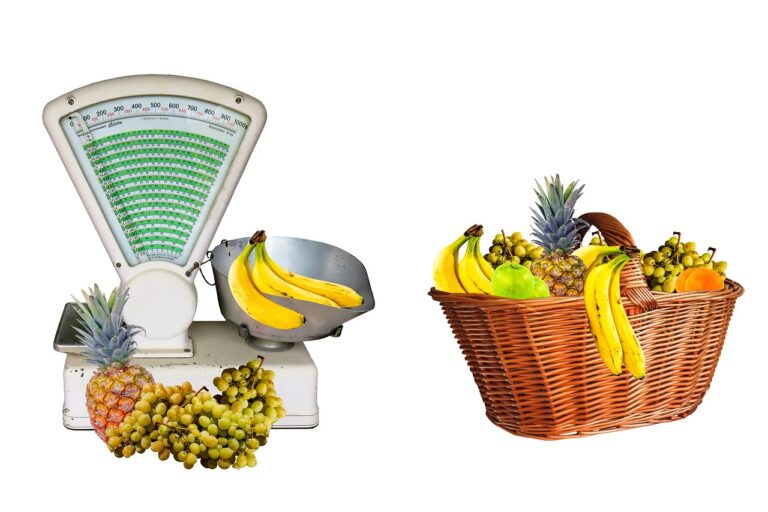The Future of Organ Transplantation: Advances in Techniques
Organ preservation methods have undergone significant advancements in recent years, revolutionizing the field of organ transplantation. One of the most promising techniques involves hypothermic machine perfusion, which allows organs to be stored at lower temperatures while being supplied with oxygen and essential nutrients. This method has shown to improve the quality of organs and extend their preservation time, increasing the likelihood of successful transplantation.
Another notable advancement in organ preservation is the use of cryopreservation techniques, which involve freezing organs at extremely low temperatures. This method has the potential to significantly prolong the storage time of organs and expand the pool of available organs for transplantation. By leveraging these cutting-edge preservation methods, researchers and healthcare professionals are working towards enhancing the efficiency and outcomes of organ transplantation procedures.
Innovative Surgical Techniques for Organ Transplantation
When it comes to organ transplantation, innovative surgical techniques have significantly evolved over the years, leading to better outcomes for patients. Surgeons are now able to perform complex transplant procedures with greater precision and efficiency, thanks to advancements in technology and surgical methods. These innovative techniques have not only increased the success rates of organ transplants but have also reduced the risk of complications during and after the surgery.
One of the key advancements in surgical techniques for organ transplantation is the use of minimally invasive procedures. These techniques involve making smaller incisions, which results in less trauma to the body and faster recovery times for the patients. Additionally, minimally invasive procedures have been shown to reduce post-operative pain and scarring, ultimately improving the overall patient experience. Surgeons continue to explore new ways to refine these techniques, aiming to further enhance the success and safety of organ transplant surgeries.
What are some advancements in organ preservation methods?
Some advancements in organ preservation methods include the use of machine perfusion to keep organs viable for transplant, as well as the development of new solutions and techniques for preserving organs during transport.
Can you provide examples of innovative surgical techniques for organ transplantation?
Innovative surgical techniques for organ transplantation include minimally invasive procedures, robotic-assisted surgeries, and organ transplantation using 3D printing technology to create custom-fit organs.
How do these innovative techniques benefit patients undergoing organ transplantation?
These innovative techniques often result in shorter recovery times, reduced risk of complications, and improved outcomes for patients undergoing organ transplantation.
Are these innovative techniques widely available to patients in need of organ transplantation?
While some of these innovative techniques are still in the research and development phase, many medical centers are adopting them as standard practice for organ transplantation, making them more widely available to patients in need.





